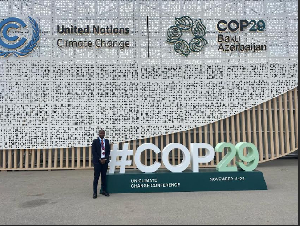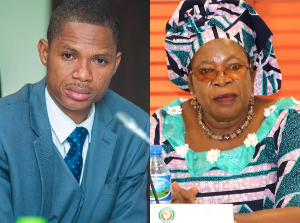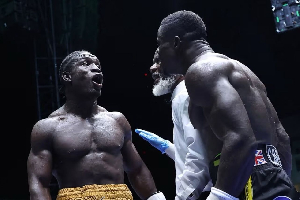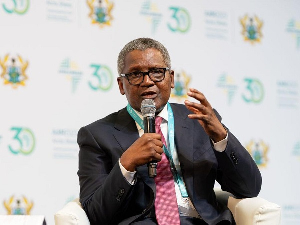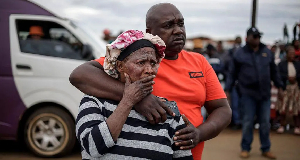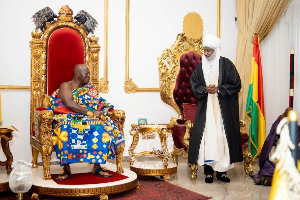COP29 is well underway in Baku, Azerbaijan, focused Raising Ambitions and Mobilizing Climate Finance. This critical UN Climate Change Conference has gathered global leaders, negotiators, and climate advocates to advance actionable commitments. Whether attending in person or virtually, active and meaningful engagement remains essential to influence outcomes, build alliances, and drive forward solutions for the climate crisis.
This guide provides practical steps for maximizing your participation during COP29, ensuring your voice contributes to shaping global climate policies and actions.
Why Your Engagement Matters
COP29 offers delegates an unparalleled platform to:
• Influence Negotiations: Ensure your priorities, such as climate finance and adaptation, are reflected in the final agreements.
• Build Alliances: Forge partnerships with stakeholders, from governments to grassroots organizations, for collaborative climate action.
• Showcase Innovations: Share best practices and climate solutions to inspire global adoption.
• Mobilize Resources: Advocate for the financial support needed to implement effective climate projects.
Navigating the Blue and Green Zones
•Blue Zone: This is where the core negotiations happen, involving government officials, UN bodies, and accredited organizations. Here, crucial topics like the New Collective Quantified Goal on Climate Finance and the Loss and Damage Fund are deliberated. For delegates, this zone provides an opportunity to monitor proceedings, engage with negotiators, and influence key policy discussions.
• Green Zone: Open to the public, this space is ideal for networking, learning, and advocacy. It hosts exhibitions, cultural events, and workshops, providing a platform to engage with a broader audience and showcase climate initiatives.
Key Agenda Highlights
The two-week agenda is packed with thematic discussions aimed at driving comprehensive climate action:
• November 11: COP29 Opening Ceremony
• November 12-13: World Leaders Climate Action Summit
• November 14: Finance, Investment, and Trade
• November 15: Energy, Peace, and Relief
• November 16: Science, Technology, and Innovation/Digitalization
• November 17: Rest Day
• November 18: Human Capital, Children and Youth, Health, and Education
• November 19: Food, Agriculture, and Water
• November 20: Urbanization, Transport, and Tourism
• November 21: Nature and Biodiversity, Indigenous People, Gender Equity, Oceans, and Coastal Zones
• November 22: Final Negotiations
How to Maximize Your Engagement
For delegates, maximizing your presence requires strategic planning and proactive engagement:
•Know the Agenda: Align your goals with daily themes.
• Understand the Decision-Making Process: Identify key moments to push for your priorities.
•Engage Key Stakeholders: Connect with government officials, UN representatives, and potential allies.
•Leverage Tools and Platforms: Participate in side events, pavilion sessions, and online forums to amplify your advocacy.
• Monitor Key Outcomes: Focus on areas like climate finance, loss and damage, and adaptation goals.
Key Expected Outcomes of COP29
As COP29 progresses, several critical outcomes are anticipated:
1. New Collective Quantified Goal on Climate Finance: Setting ambitious financial targets for post-2025.
2. Progress on the Loss and Damage Fund: Operationalizing support for vulnerable nations.
3.Preparation for New NDC Submissions: Strengthening national commitments to emissions reduction.
4.Global Adaptation Goal: Advancing measurable indicators for adaptation.
5.Article 6 Carbon Markets: Enhancing international cooperation on carbon trading.
Conclusion
With COP29 well underway, delegates must seize the moment to raise ambitions and secure the necessary financial commitments to address the climate crisis. Whether you are in Baku or participating online, your engagement is vital to shaping the outcomes of this conference. Let’s work collectively to drive transformative climate action and build a sustainable future for all.
Opinions of Wednesday, 13 November 2024
Columnist: Cedric Dzelu

